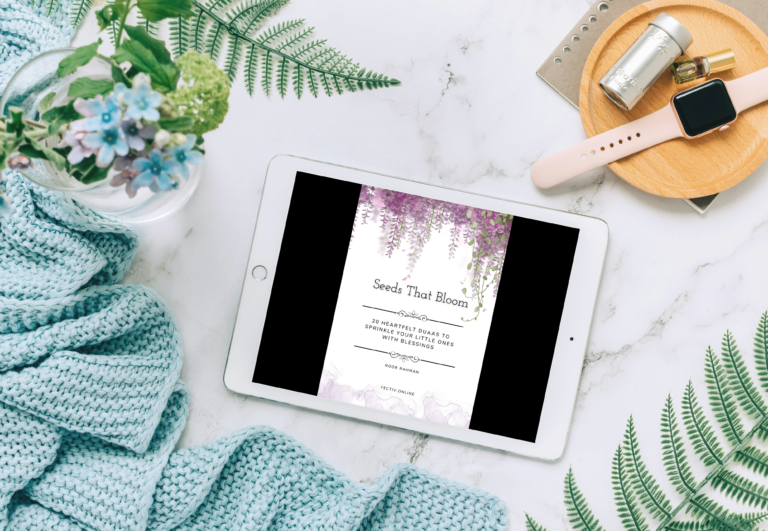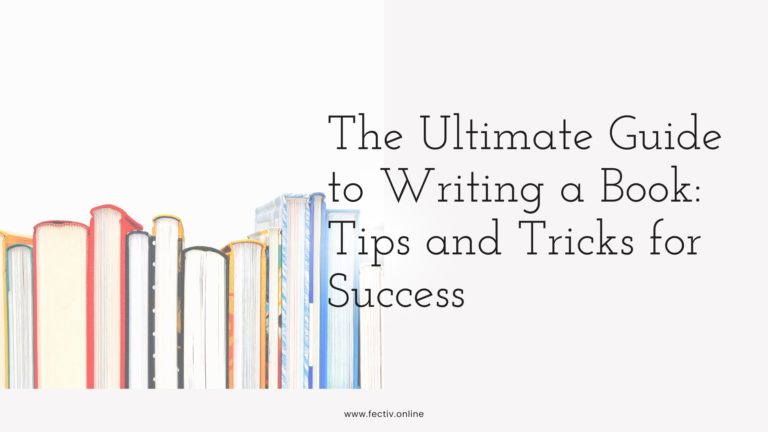
The Ultimate Guide to Writing a Book: Tips and Tricks for Success
Imagine you’re staring at a blank screen, waiting for inspiration to strike. You’ve got a great idea for a book, but every time you sit down to write, you end up fiddling with social media or reorganizing your spice rack. You’re not alone. Writing a book is hard, especially if you’re not a gifted wordsmith. But don’t despair, my friend. Anyone can write if they practice.
In today’s world, writing is more important than ever. No matter how beautiful your website is, if your writing is yucky, people won’t want to read it. From emails to blogs to Facebook posts, we need to be able to communicate effectively in writing. Yet, the art of writing is dying. AI and autocorrect are already killing spelling skills. So, what can we do to bring writing back to life?
Let’s start by acknowledging that writing is not just for the gifted. According to a survey, only 20 per cent of people finish the book they start. Why is that? Self-doubt, imposter syndrome, and everything in between seep in, and motivation exits your life. Even professionals face this. So, how do we overcome these challenges and write that book that’s been burning inside us?

Get Data – About Your Audience and Your Topic
Before you start writing, you need to know who your audience is and what you’re going to write about. Knowing your audience is essential when writing a book. The first step is to get data. Research your audience and find out what they want and need. Use surveys, focus groups, or social media analytics to gather information about your audience’s demographics, interests, and preferences. Once you have this information, you can tailor your writing to meet their needs.
Research your topic and gather as much information as possible. Read books, articles, and blogs related to your subject. Attend seminars or conferences, and interview experts in your field. The more information you have, the easier it will be to write your book.
Write a 50-Word Summary of Your Book
Before you start writing your book, write a summary of what it’s about, who it’s for, and what actionable solutions it provides. This will help you stay focused and ensure that you’re writing for your target audience. Your summary should be short and to the point.
For example, let’s say you’re writing a book about priorities. Your summary might look something like the one I wrote for my ebook: “It’s Time to Shine is a book about effectiveness that teaches busy professionals the game-changing, secret sauce of prioritizing. Unlike other productivity books, It’s Time to Shine provides the most powerful time-multiplying techniques concisely in one place.”
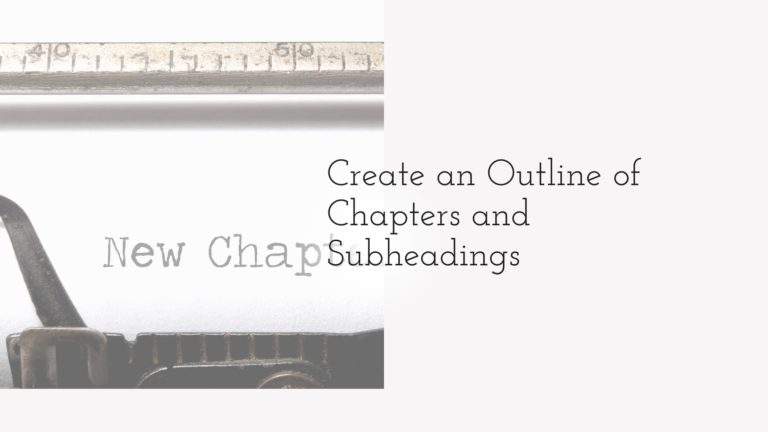
Create an Outline of Chapters and Subheadings
Once you have your summary, create an outline of your book’s chapters and subheadings. This will help you write quickly and stay on track. Get someone to review these bullet points so they can suggest making some cuts or adjusting the structure.
Assume that your book will have 10 chapters and be 200 pages long. Of course, your finished product might vary. The first chapter should be a simple overview of what the book is about, what problem it will solve, why you’re an expert in this field and a brief list of the topics you’ll cover. Make readers feel like reading the book is going to be worthwhile.
Chapters 2-9 will provide all the information you want to share. List the case studies, research, and graphics under each subheading. Your chapter titles should be catchy but don’t worry about them at this point. Also, write down why each topic is important, what the reader will gain from it, and the actionable steps they can take to implement your ideas.
Chapter 10 should be a summary and an offer to benefit from your other products and services if you have any that are relevant to the subject matter of the book. Your outline should be about 3 pages long.
You Don’t Need to Know Everything
One of the biggest roadblocks to writing is feeling like you don’t know enough. But the truth is, you don’t need to know everything. You don’t need to rely on your ideas alone. Quoting others and other sources adds credibility. Interview experts and professors. Address topics that are missing from similar books. Read reviews of similar books and address issues. Ask clients about needs and challenges and address those as well. Read people’s questions and answers on Quora.com.
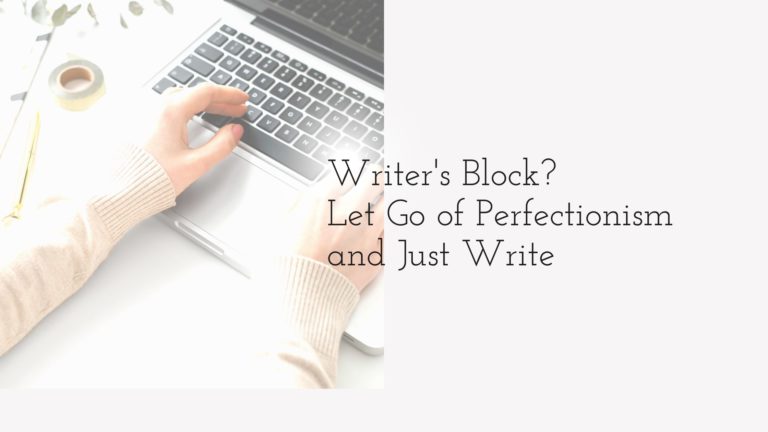
Writer’s Block? Let Go of Perfectionism and Just Write
Writer’s block is a real thing. It’s that feeling of staring at a blank page and feeling like you have nothing to say. The best way to overcome writer’s block is to let go of perfectionism and just write. Don’t expect to grab a pen and create a masterpiece. The first draft is going to be ugly. It’ll just be filled with ideas. Establish realistic deadlines first. When you feel uninspired or busy, deadlines will push you to achieve this.
Whenever you get an idea, record it on your phone or in a notepad. Start anywhere. Start in the middle or start with the overview or the conclusion – whatever works for you. Will you be using the past tense or the present tense? Clear your mind and think about what you’re trying to say. Be specific about what point you’re trying to make. After you’re done, ask yourself whether you’ve conveyed what you meant to convey.
Don’t edit while writing. Edit later. When you edit, you can ponder over your choice of words that are misleading and if you contradict yourself anywhere.
Simplicity is Key
When it comes to writing, simplicity is key. Remove unnecessary words and phrases. Use shorter words. You can create stunning sentences using the simplest of words. Add stylish elements only after a firm foundation with clear, simple sentences.
Write in a conversational tone reflecting your personality. Be yourself. Relax and simply write. You’re not going to publish every word you write. You just need to get the words to flow and your mind to loosen. And you are going to check before you publish anyway. Nobody is going to see any mess that flows out. Just write.
Write one sentence, then the second and then the third. You might sound robotic in the first paragraph and maybe in the 2nd paragraph. But that’s ok. No need to stress. Just keep writing. Don’t fight the current – just keep going. The 3rd or 4th para will be easier, and you’ll find your flow. You’ll feel more relaxed if you write in the first person: “I think” or “I believe”. This will also help you write naturally.

Choose the Right Words
Choosing the right words is essential when writing. The best resource for this is the thesaurus. But be careful – precision is more important than variety. Read your writing aloud and edit for tone and fluidity effect. There’s no need to use complicated words just because they sound fashionable.
Make a Good First Impression
First impressions are important, especially when it comes to writing. So, make the first paragraph intriguing. Okay, at least make it okay-awesome. Make your reader want more by showing them what is in it for them. What’s the best thing about your book? Include it in the first paragraph. The most catchy part of the sentence should be at the start of every sentence. Make the start and end of every para great. Make paragraphs short small chunks. Not too short and not too long. Make the final sentence of every paragraph interesting – with something unexpected or enticing. The ending – just stop and don’t waffle. No need to over-summarize. Exit quickly.
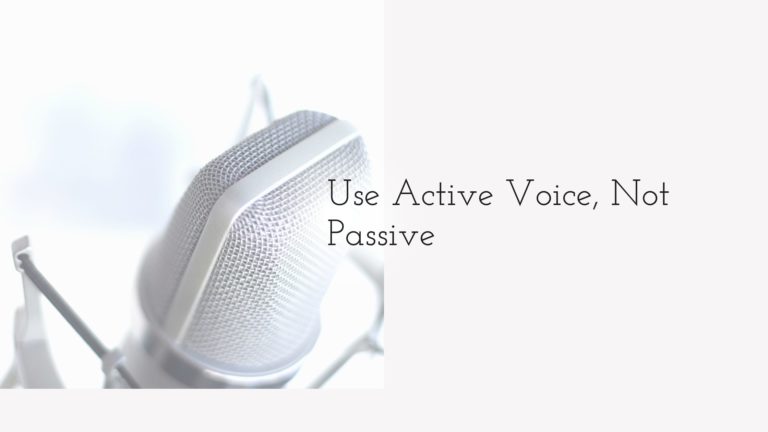
Use Active Voice, Not Passive
Using active voice instead of passive voice is important when writing. Use strong and specific verbs. Most adverbs and adjectives are unnecessary. There’s no need to use them unless the verbs and nouns are unable to convey the right picture. When you don’t use adjectives often, when you do use them, they are more powerful. Qualifiers like “a little,” “sort of,” “somewhat,” etc. dilute the strength of your sentences. Rewrite your work again. Even experienced writers don’t write perfectly the first time; they write multiple times before they have their polished piece.
Have Confidence in Yourself
One of the most important things when it comes to writing a book is to have confidence in yourself. Read more, follow your instincts when you write, enjoy the process, and you’ll automatically produce great work. Write with passion.

Don’t Get Distracted Dreaming About the Finished Product
It’s easy to get distracted and dream about the finished product. You might start daydreaming about the cover, and the glowing reviews you’re going to be getting in sha Allah, and you might even think about how you’re going to write a touching “acknowledgements” section. But you need to focus on the actual writing itself. When you write, your book will take shape and morph into something very different from what you imagined writing. As you write, you’ll need to let go of things that don’t seem to work, narrow down, and keep refining until you’re happy with the way it’s going. Don’t hang on to the original idea rigidly. It’s normal for things to change as you write. Experiment, fail, and enjoy the process.
Catchy Titles for the Book and the Chapters
Catchy titles for the book and the chapters are important to grab the reader’s attention. Use subheadings to make your writing easier to follow. Quotes can also add depth and make your writing more interesting.
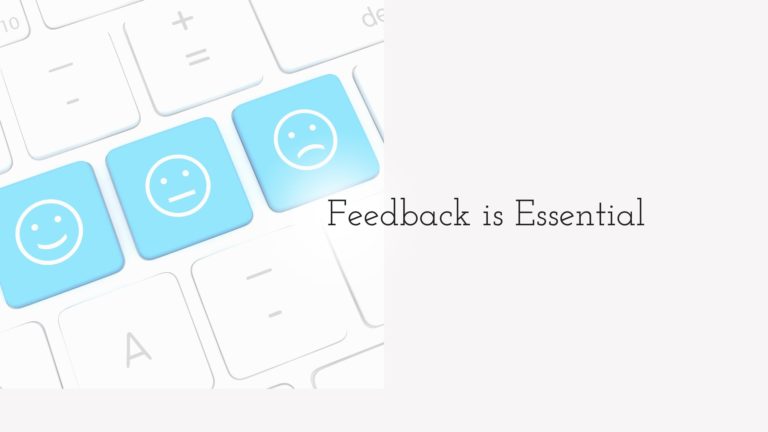
Feedback is Essential
Getting feedback from your colleagues is essential when writing a book. They could even tell you that you’re wrong. This is confronting, but it helps to better your book greatly. Then send it to beta readers. Ask them to list what doesn’t make sense to them and where their attention lagged. Rate each page according to the level of interest. Give them your sincere thanks. Add their name to your acknowledgements and send them a copy of your book.
Conclusion
Writing a book is a daunting task, but it’s not impossible. With the right mindset, dedication, and perseverance, anyone can write a book. Remember to get data about your audience and what you’re going to write about. Write a 50-word summary of your book covering what it’s about and whom it’s for. Create an outline of chapters and subheadings. You don’t need to know everything. Let go of perfectionism and just write. Knowing your audience is essential when writing a book. Simplicity is key. Choose the right words. Make a good first impression. Use active voice, not passive. Have confidence in yourself. Don’t get distracted dreaming about the finished product. Catchy titles for books and chapters are important to grab the reader’s attention. Feedback is essential.
So, are you ready to start writing your book? Imagine holding that finished product in your hands and the feeling of accomplishment that comes with it. Don’t let self-doubt or fear hold you back. The first draft is supposed to look like trash, anyway.
So, go ahead and write that trashy first draft, knowing that you can always edit and revise later. With practice and dedication, you can improve your writing skills and bring your book to life.
In the end, remember that writing is not just about creating a product or achieving a goal. It’s about the journey and the growth that comes with it. It’s about discovering yourself and your voice as a writer. So, enjoy the process and have fun with it. Happy writing!
And…
The first book (ebook, actually) I wrote was It’s Time To Shine. I researched and learned the above lessons whilst I was in the process of writing this book. It’s totally amateurish and I wish you’d check it out. You’ll learn how imperfect I am as a writer and yet I went on to share my imperfect writing with the world anyway.
Writing: 5/10 points
Daring to share: 11/10 points
🙂



